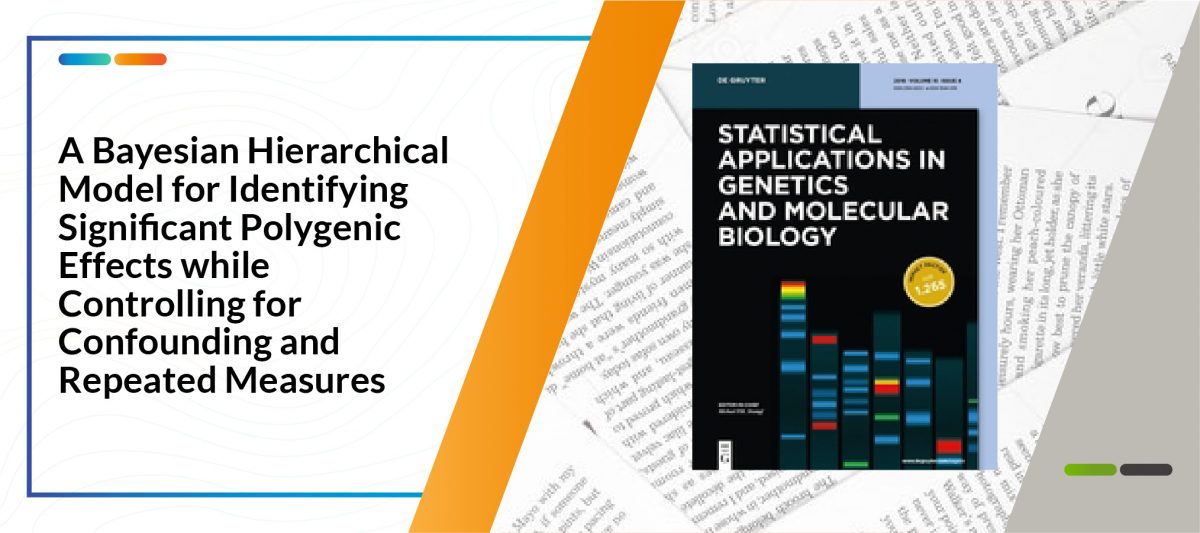A Bayesian Hierarchical Model for Identifying Significant Polygenic Effects while Controlling for Confounding and Repeated Measures

Genomic studies of plants often seek to identify genetic factors associated with desirable traits. The process of evaluating genetic markers one by one (i.e. a marginal analysis) may not identify important polygenic and environmental effects. Further, confounding due to growing conditions/factors and genetic similarities among plant varieties may influence conclusions. When developing new plant varieties to optimize yield or thrive in future adverse conditions (e.g. flood, drought), scientists seek a complete understanding of how the factors influence desirable traits. Motivated by a study design that measures rice yield across different seasons, fields, and plant varieties in Indonesia, we develop a regression method that identifies significant genomic factors, while simultaneously controlling for field factors and genetic similarities in the plant varieties. Our approach develops a Bayesian maximum a posteriori probability (MAP) estimator under a generalized double Pareto shrinkage prior. Through a hierarchical representation of the proposed model, a novel and computationally efficient expectation-maximization (EM) algorithm is developed for variable selection and estimation. The performance of the proposed approach is demonstrated through simulation and is used to analyze rice yields from a pilot study conducted by the Indonesian Center for Rice Research.

